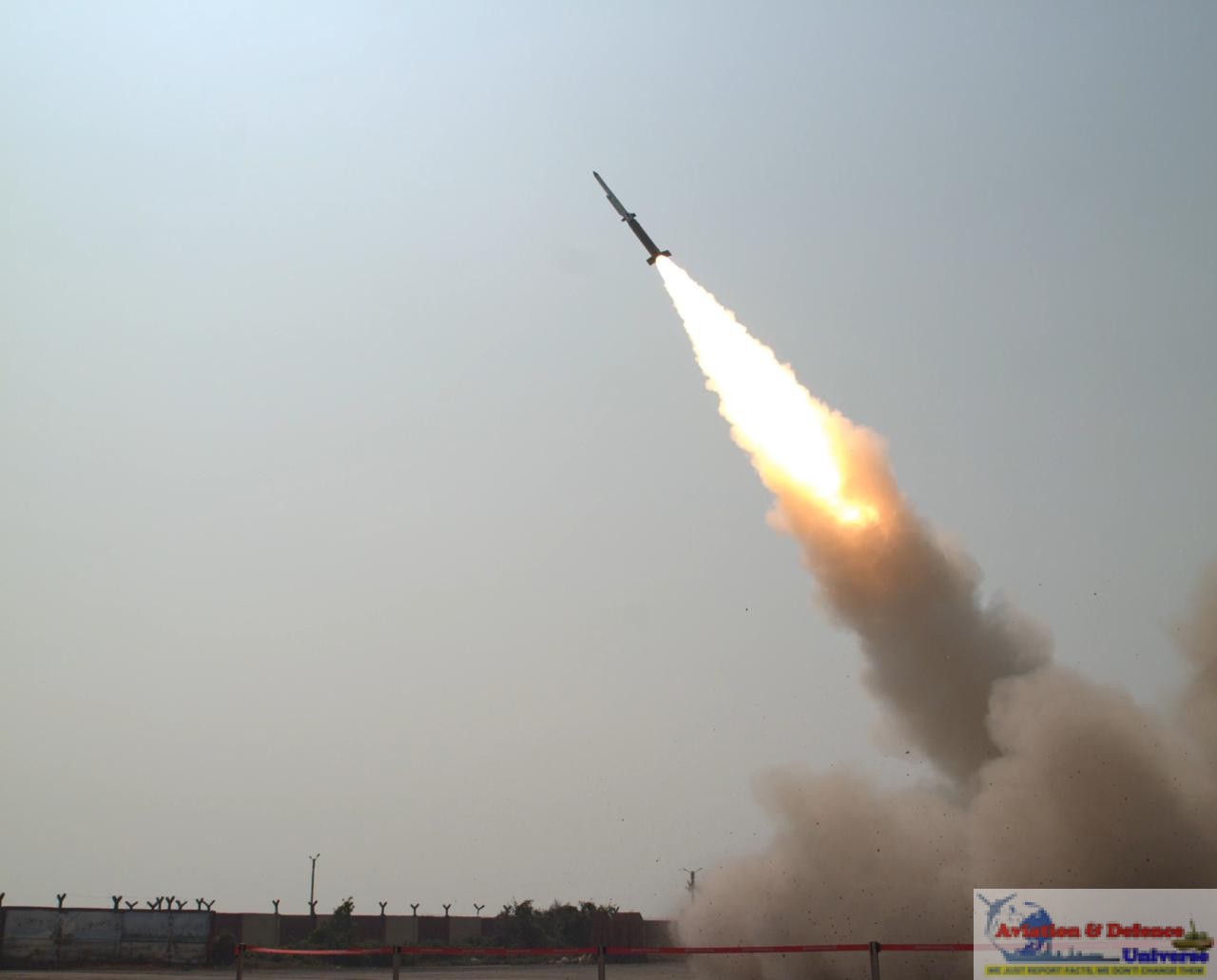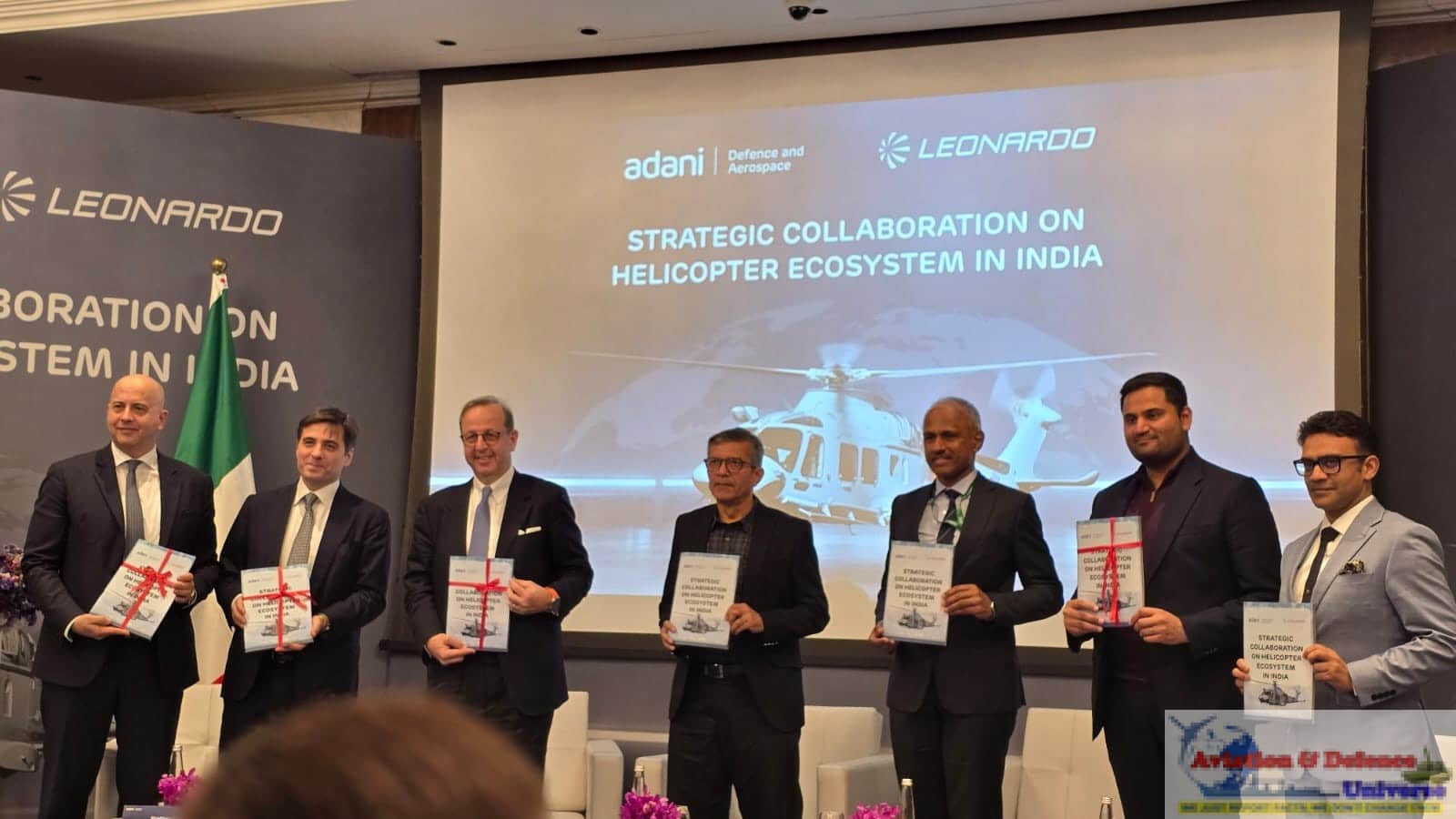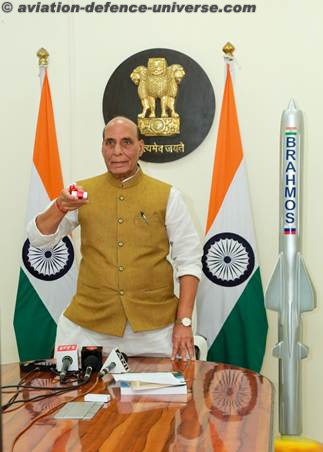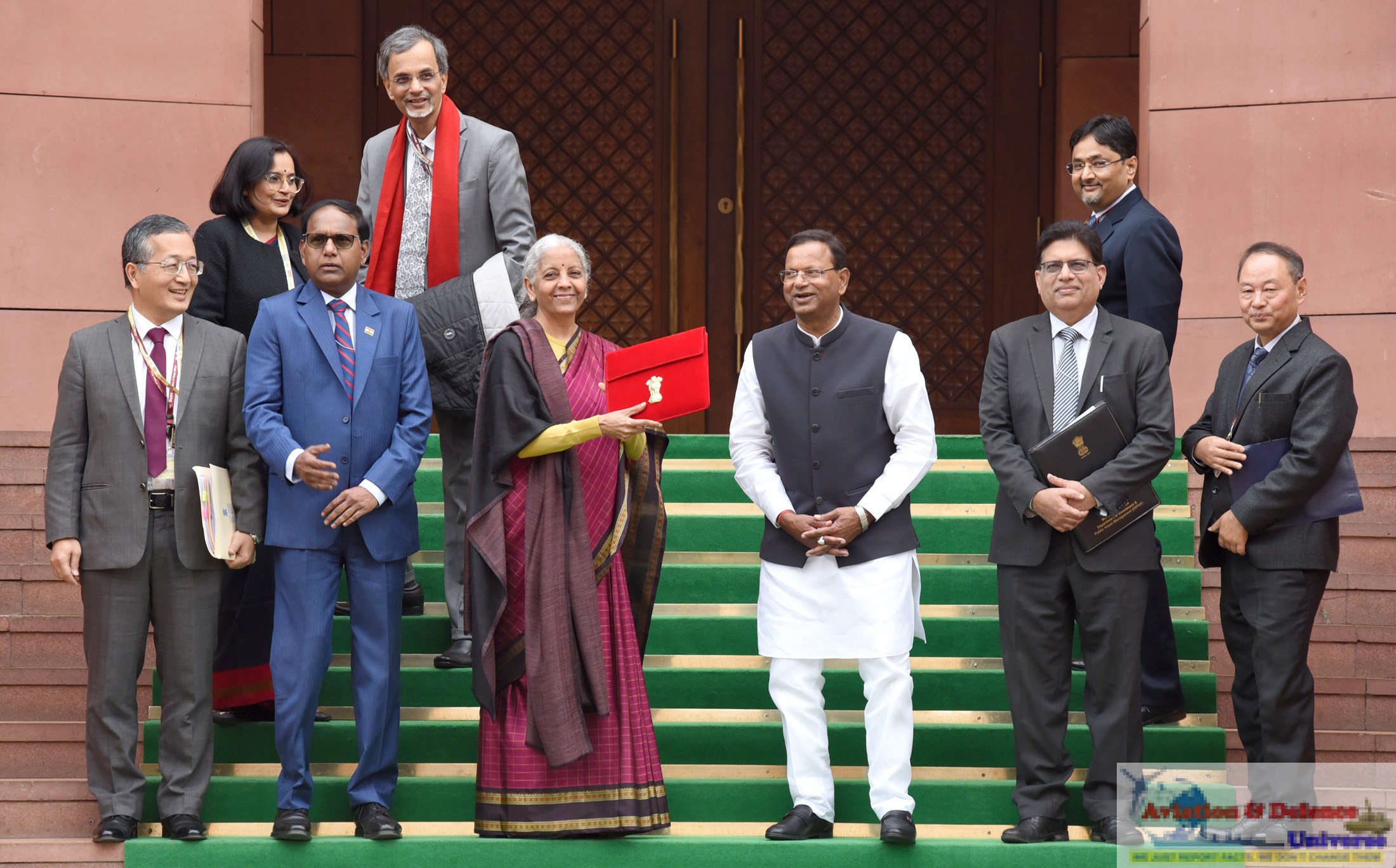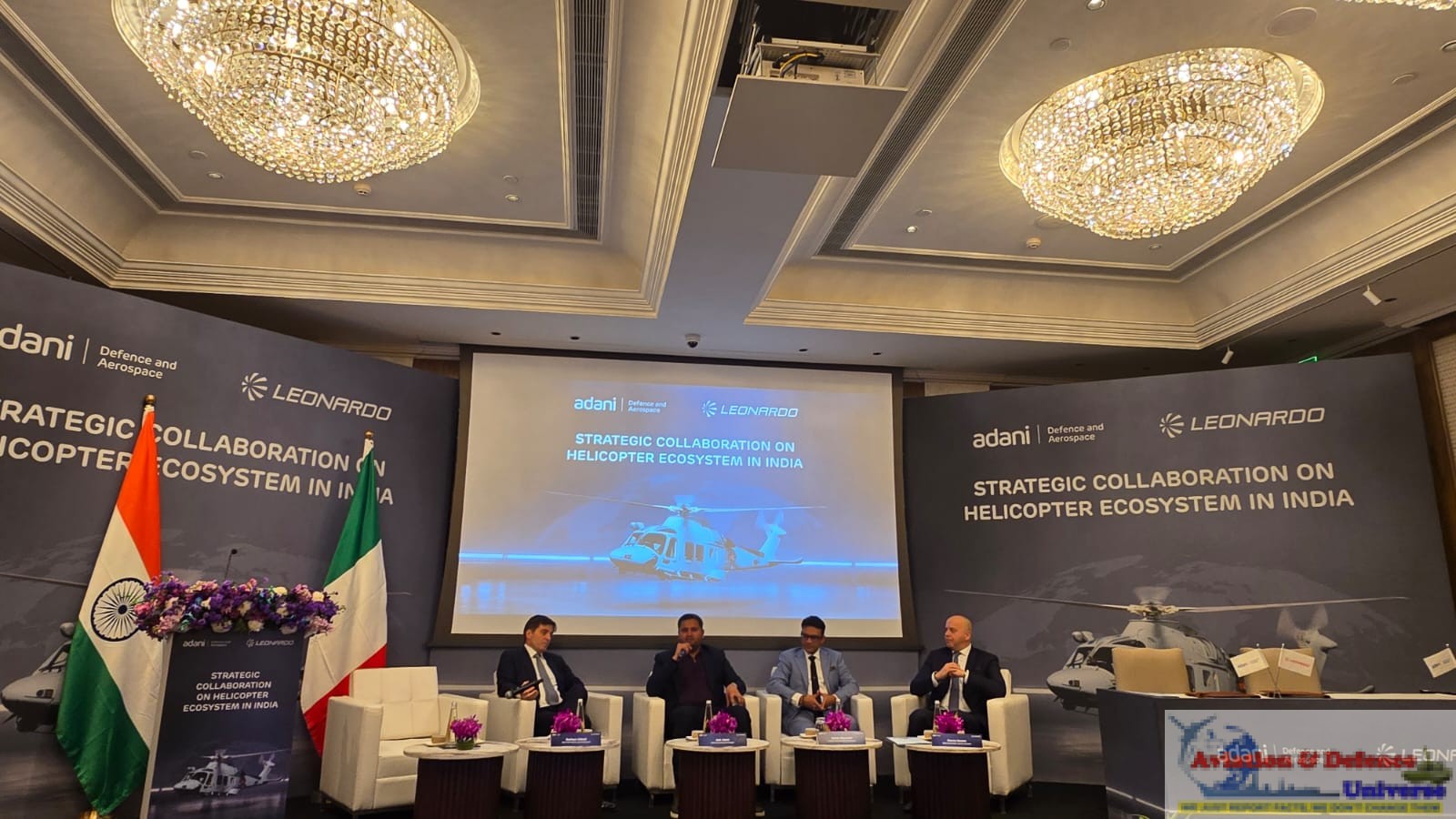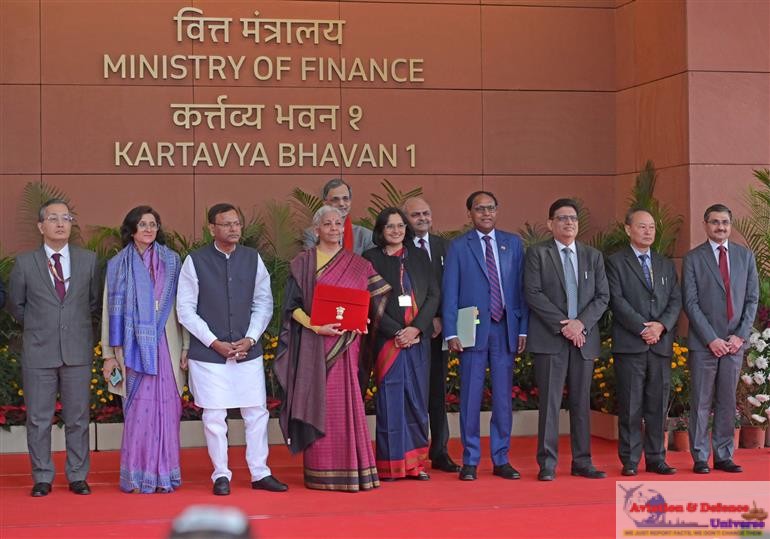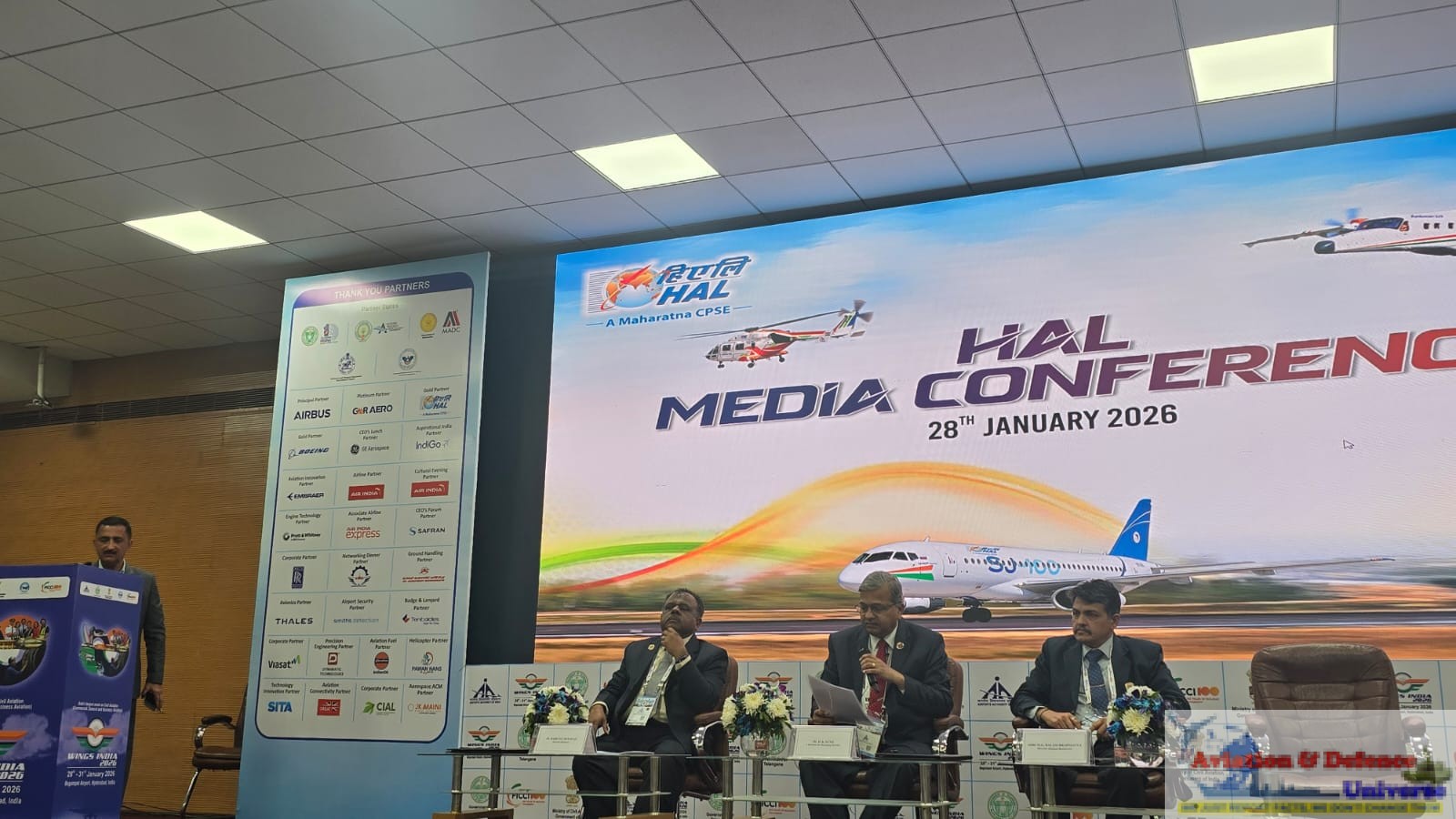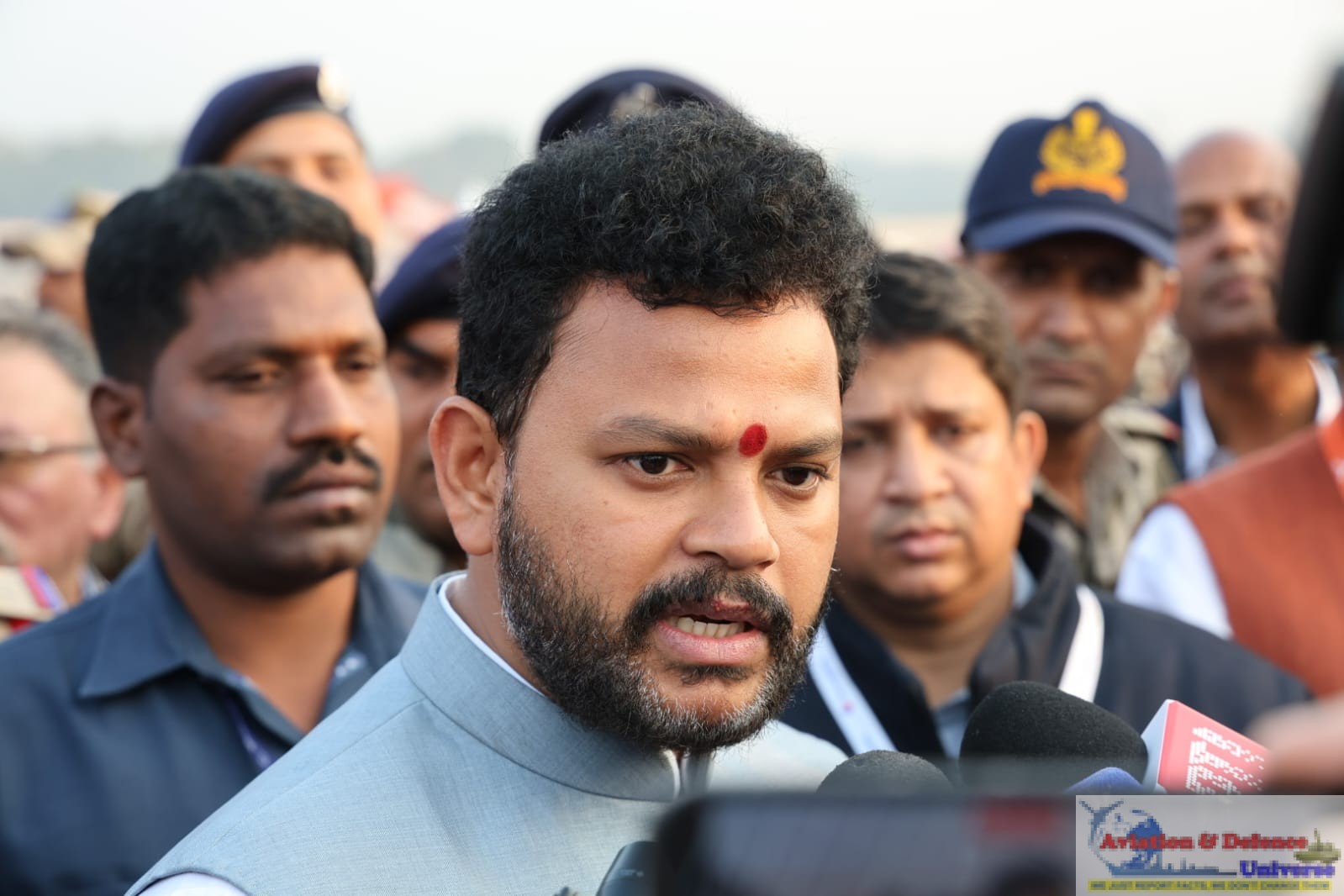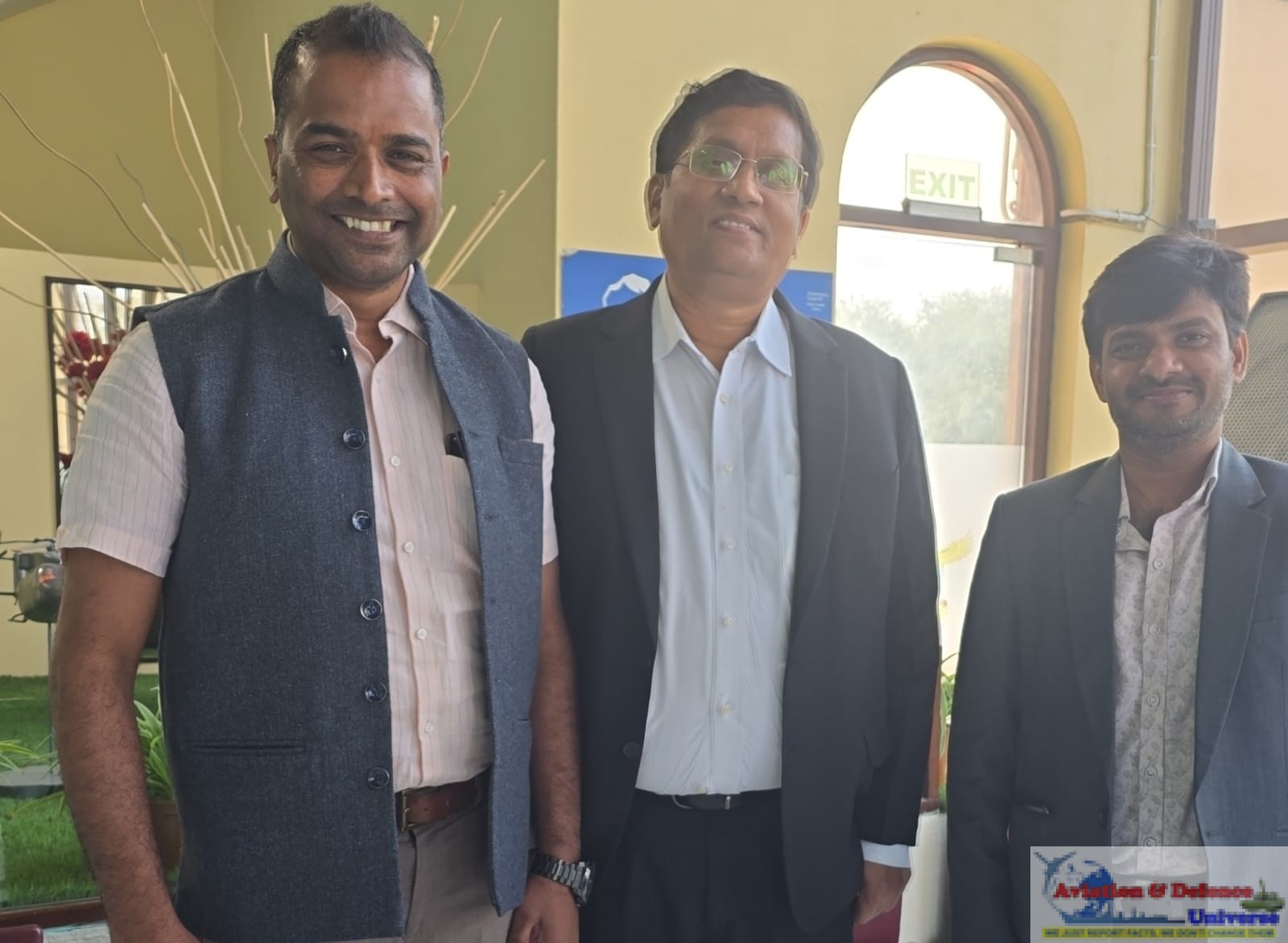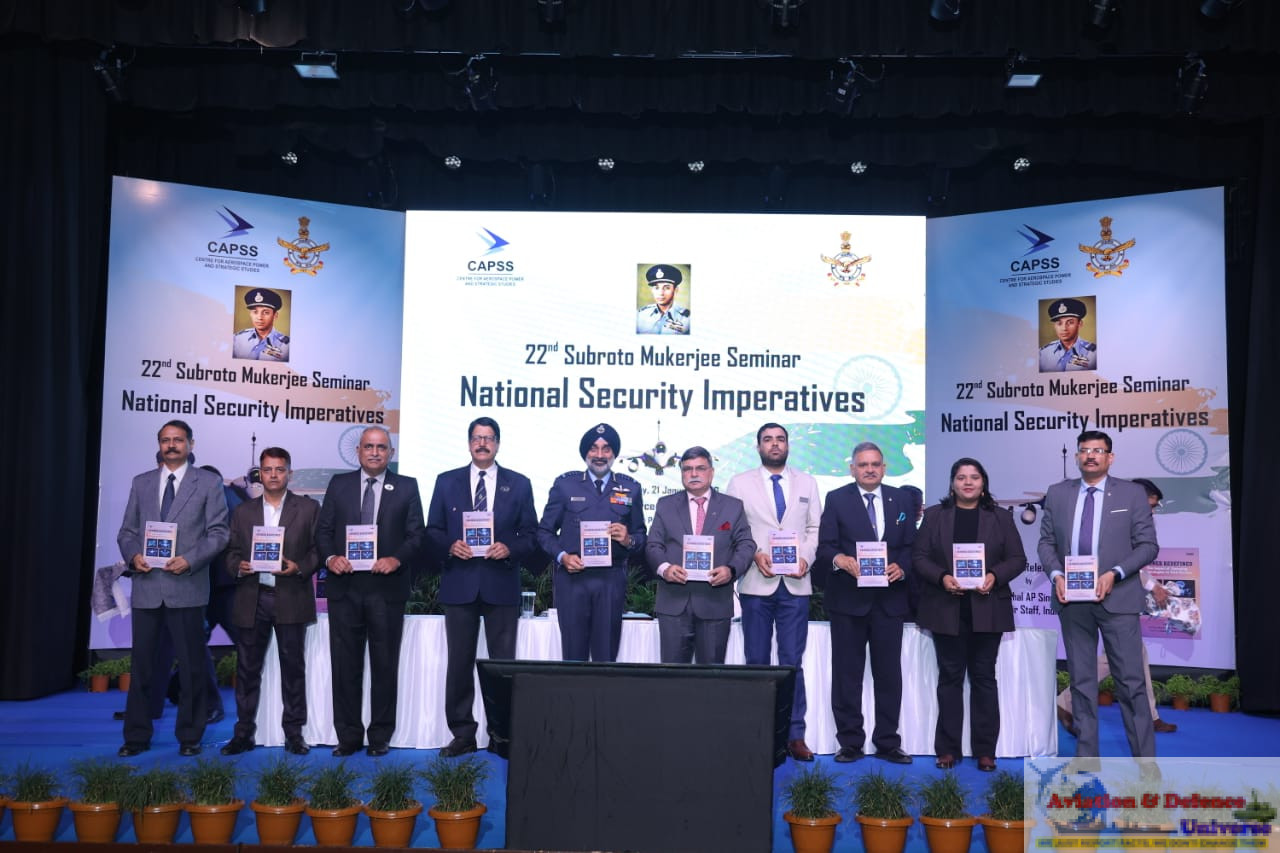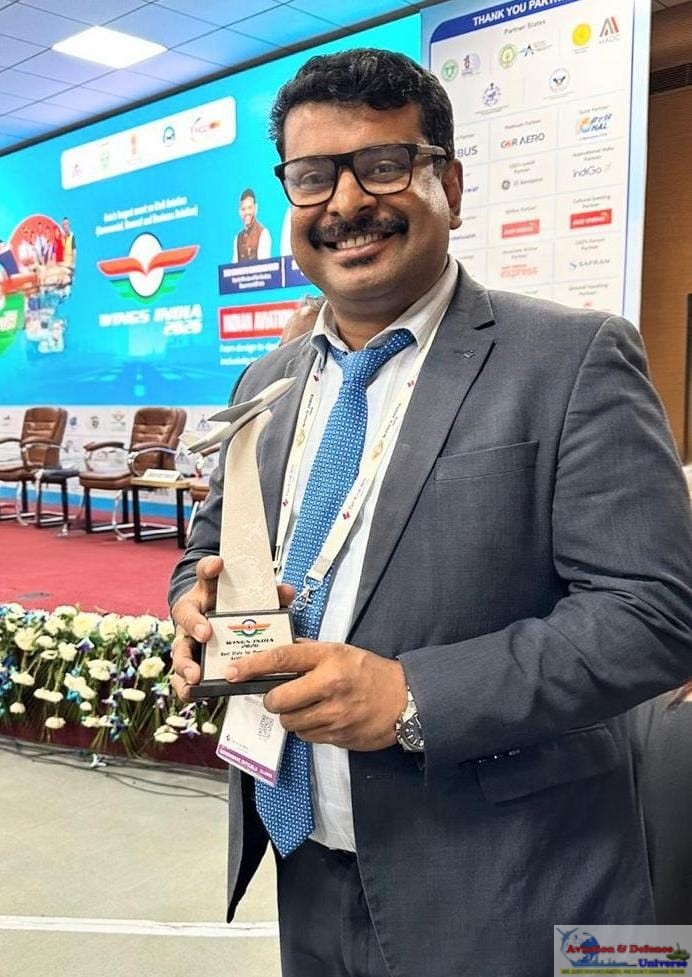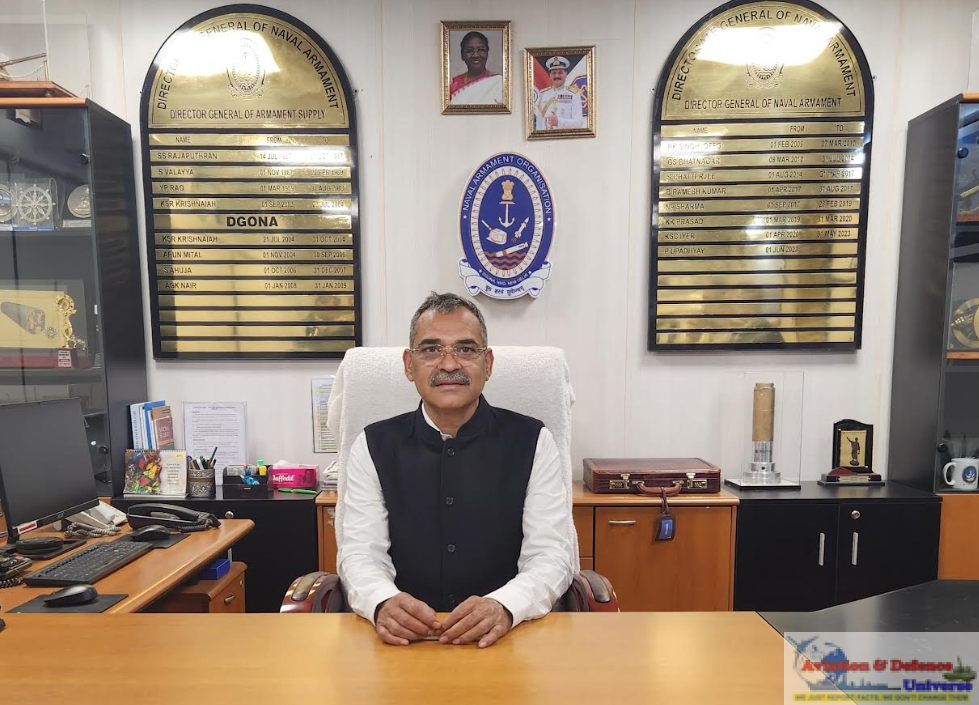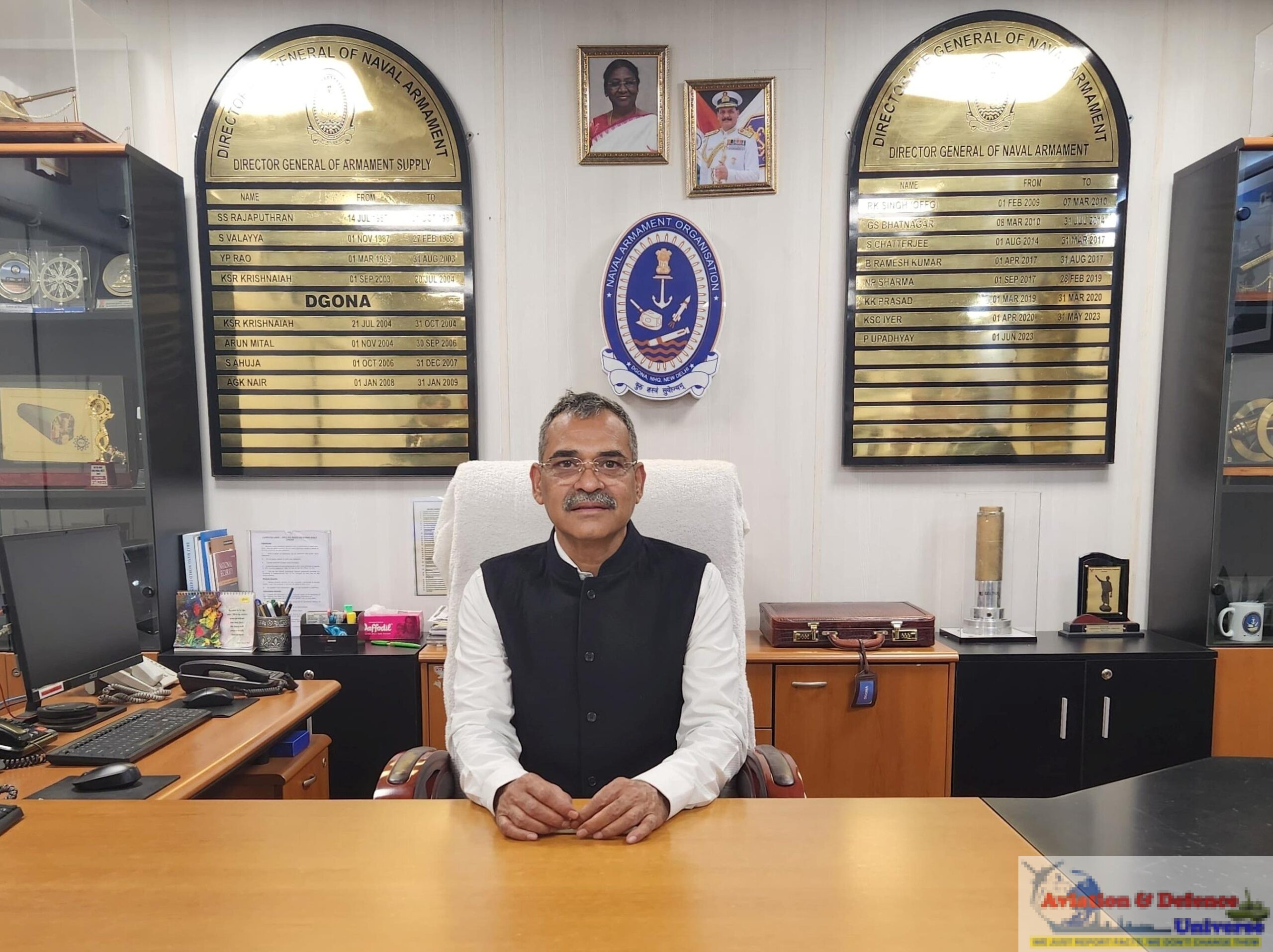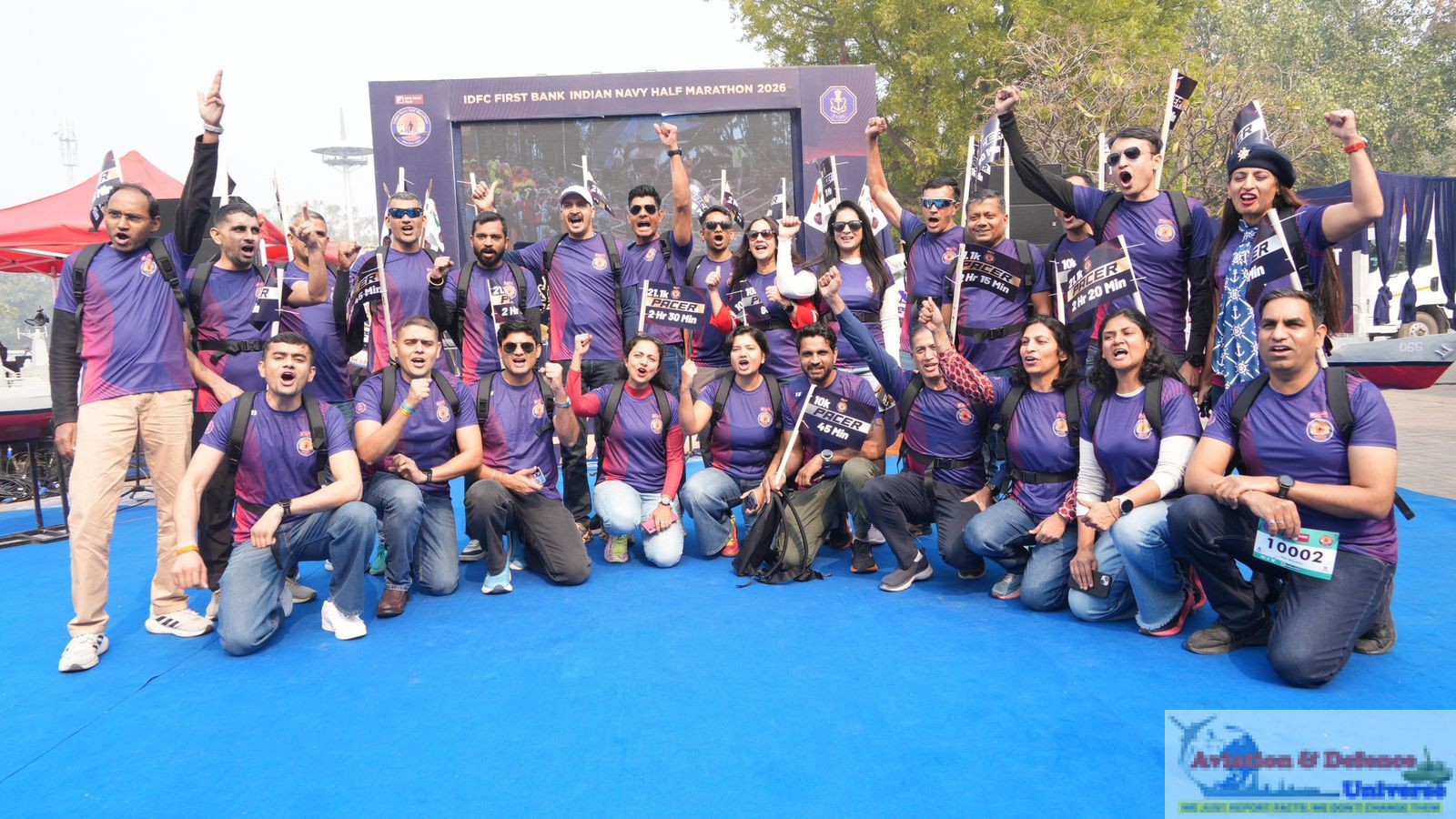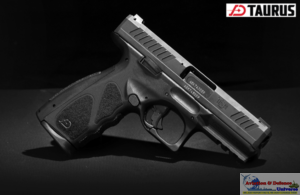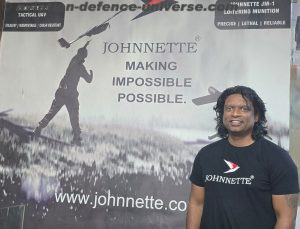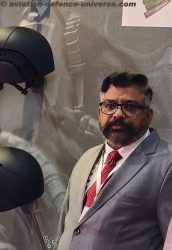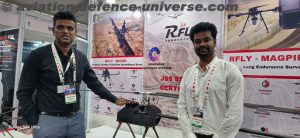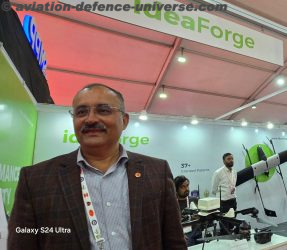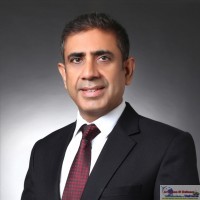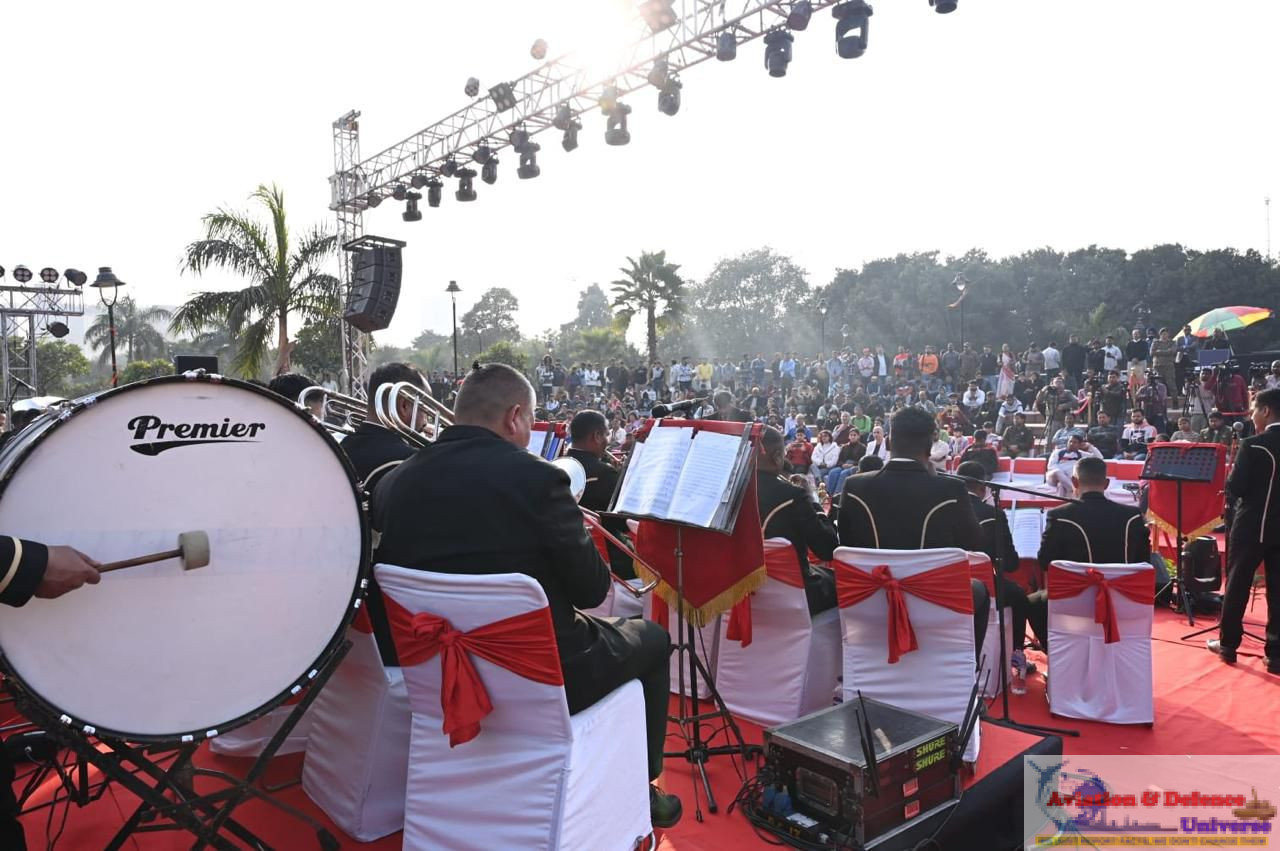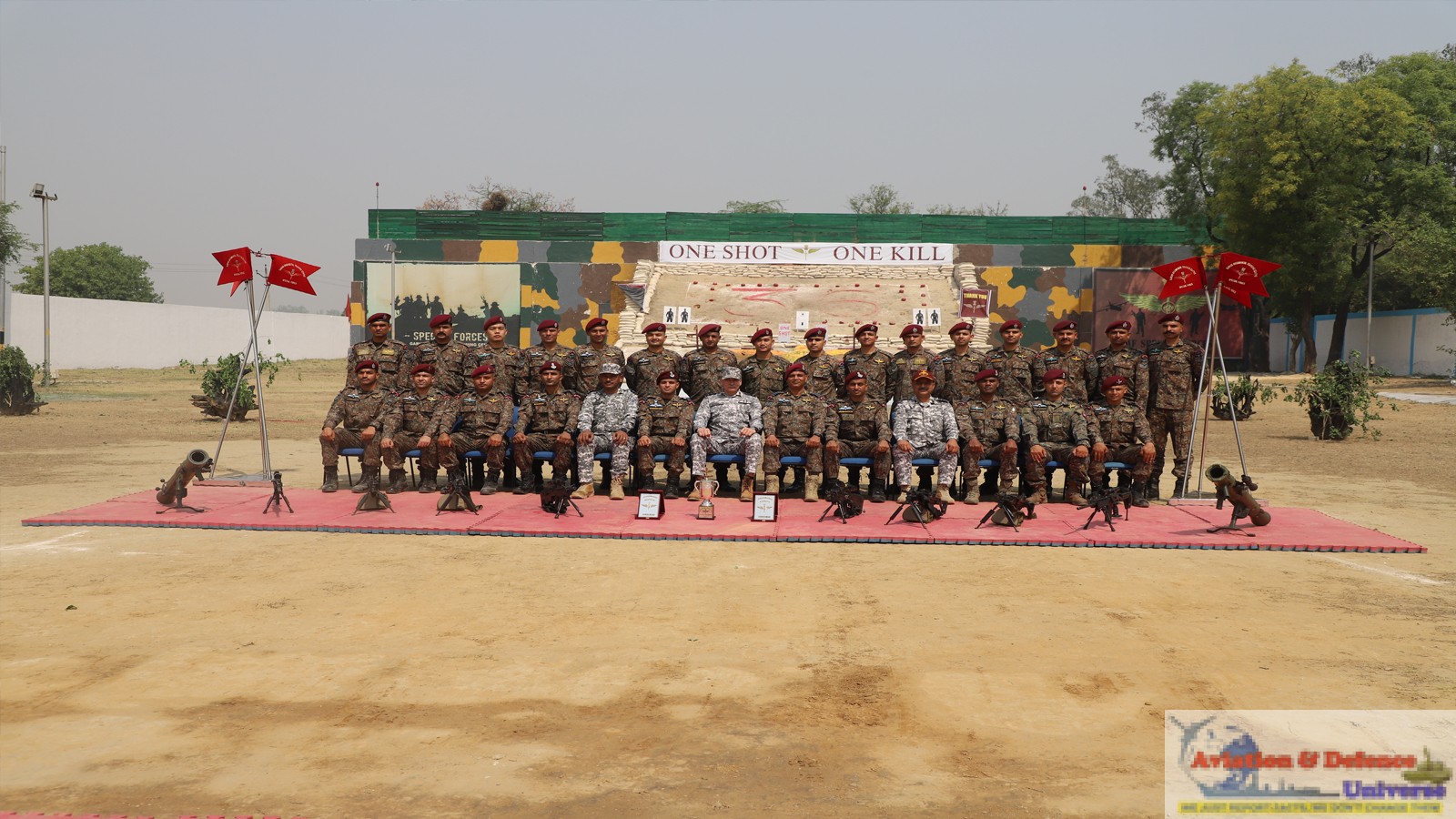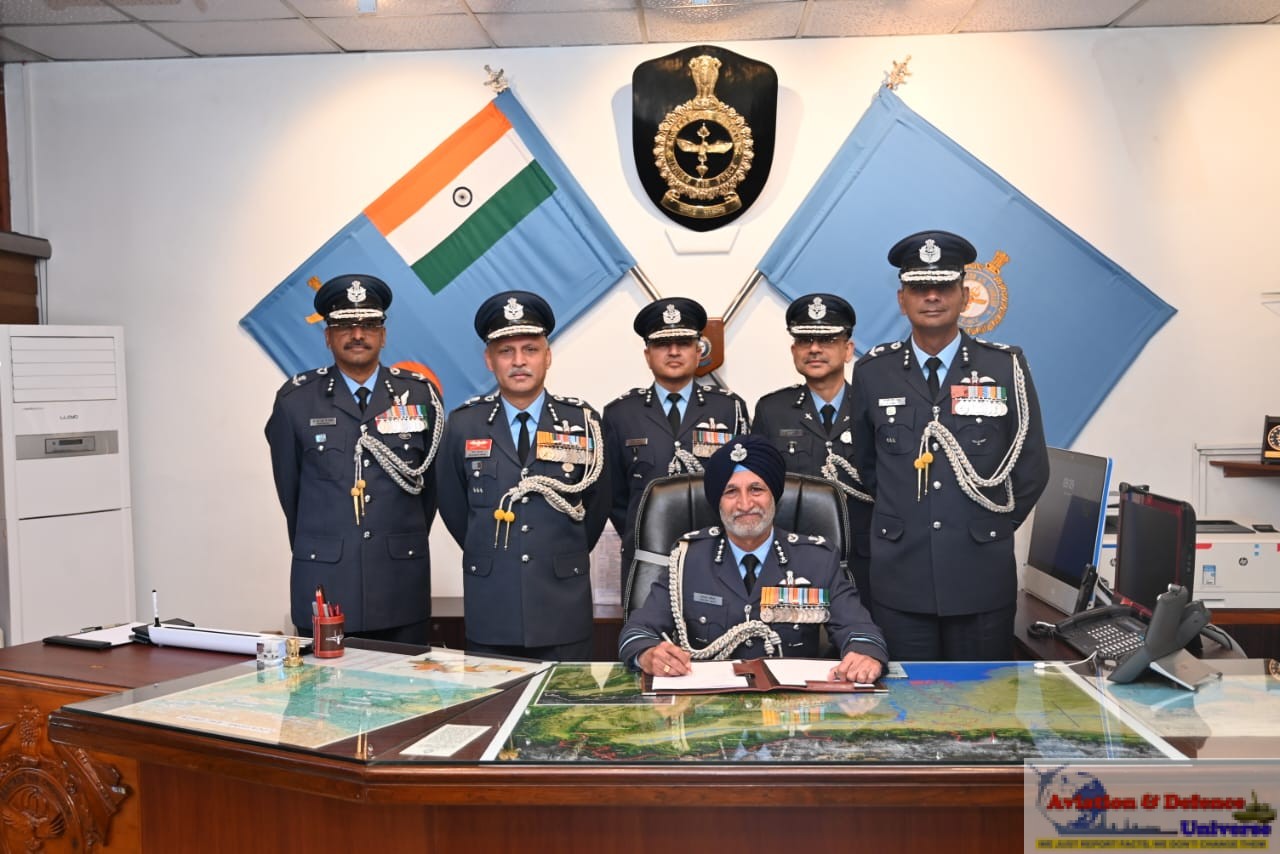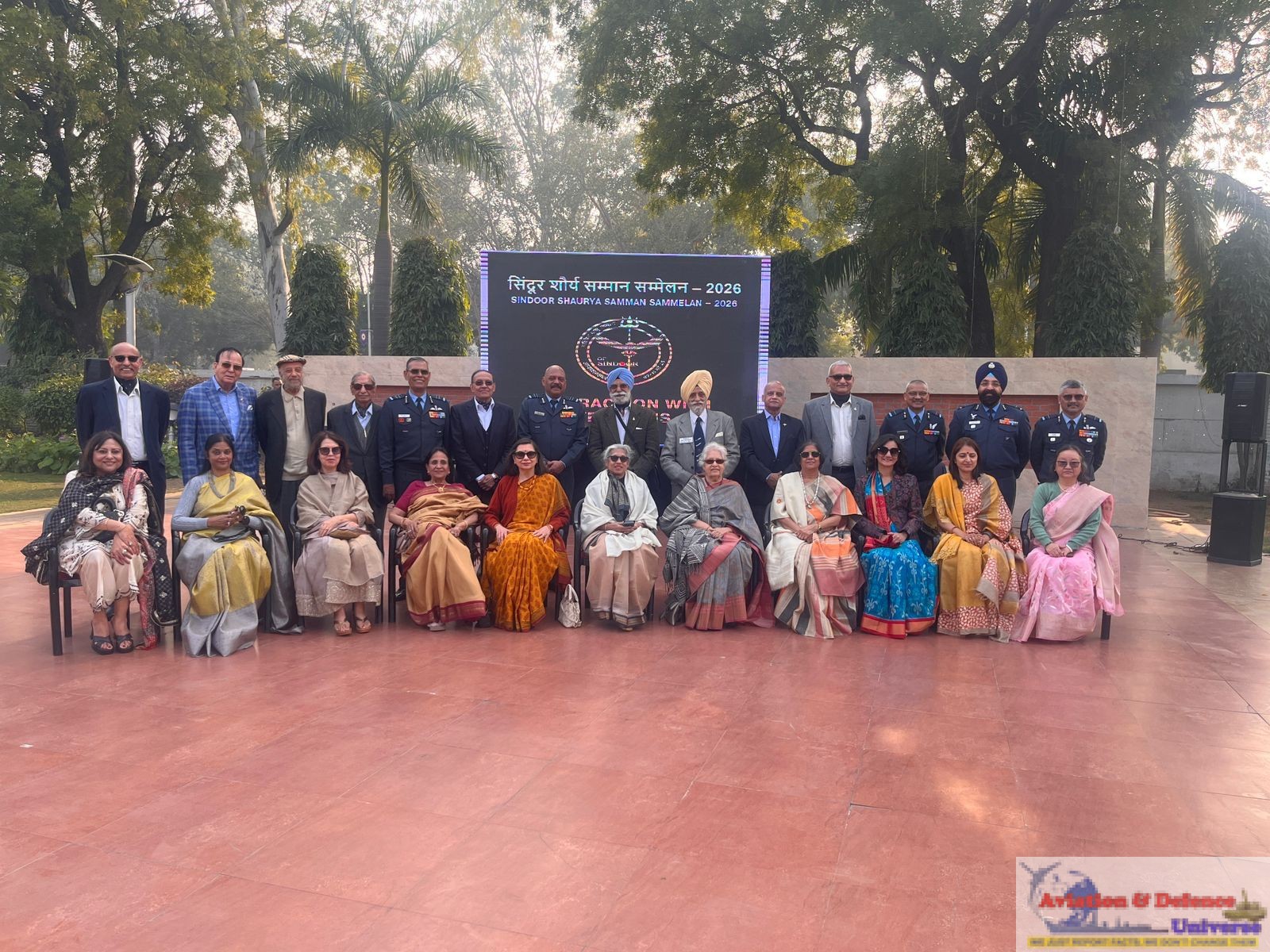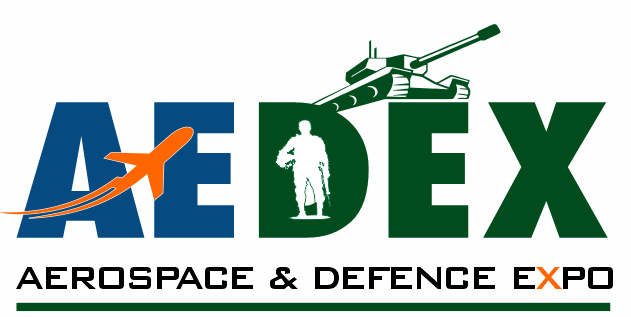- Innovative habitats for extreme climates
- Redefining mountainous living for soldiers
By Sangeeta Saxena
Leh/New Delhi. 29 September 2024. This is where sustainability meets portability. Peak Pods -the innovative shelter for extreme conditions is the first of their kind globally, meticulously designed to enhance the resilience and efficiency of defence forces, offering a safe and comfortable living environment in high-altitude regions, these shelters are ideal for military bases. At the forefront of innovation in defence technology, Peak Pods offers this solution for high-altitude habitats, designed specifically for extreme conditions faced by soldiers. Evidently major research and development has gone into making Peak Pods set to redefine living conditions in harsh terrains. In this exclusive interview, Vinay Mittal, Managing Director Peak Pods, sheds light on its unique features and the potential this product holds for the Indian military and beyond.
ADU. Can you tell us more about what makes Peak Pods a unique shelter?
Vinay Mittal. Over the last four years, we have conducted our own research and it’s a completely Make in India product. Every component and technology in it has been developed by us. After four years of hard work and two years of high-altitude testing, we’ve created this innovative shelter. It’s lightweight, yet withstands high wind speeds and requires no civil work for installation—no concrete or cement is needed.
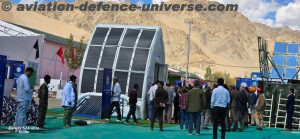
ADU. How portable is it, and how quickly can it be set up or removed?
Vinay Mittal. Peak Pods is highly portable. It has foldable plinths, allowing it to be installed in 6 to 8 hours and removed within 5 to 6 hours. You can move it anywhere with ease, install it quickly, and remove it just as fast. It’s completely modular, which makes it adaptable for various requirements in different locations.
ADU. You mentioned its heating system as a unique feature. Can you elaborate on that?
Vinay Mittal. Certainly. In most high-altitude habitats, heating is done using kerosene heaters, which have their drawbacks. Our pods don’t require any kerosene-based heaters or generators. Instead, we utilize solar radiation to generate and store heat in specialized materials. This allows us to maintain a temperature of 10 to 15 degrees inside the pod, even when the outside temperature drops to minus 40 degrees. The heating is self-sustained and fuel-free.
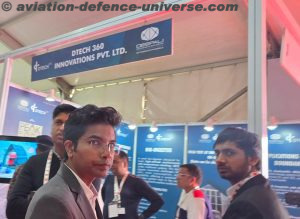 ADU. Does the pod come equipped with solar panels as well?
ADU. Does the pod come equipped with solar panels as well?
Vinay Mittal. Yes, it does. The solar panels generate about 300 watts of electricity. However, the heating system doesn’t rely on these solar panels but on our unique materials that collect and release heat efficiently. The panels provide power for lighting, charging points, and other electrical needs.
ADU. High-altitude areas face significant challenges with sanitation. How have you addressed this issue in Peak Pods?
Vinay Mittal. That’s a crucial aspect we’ve tackled. Typically, soldiers stationed in high-altitude areas have to walk half a kilometre in sub-zero temperatures to use open toilets. With Peak Pods, we’ve integrated a bio-toilet that converts waste into uncontaminated water, eliminating the odour. This means soldiers no longer need to defecate in the open, and hygiene standards are greatly improved.
ADU. What additional features are incorporated into Peak Pods for comfort and utility?
Vinay Mittal. The pods come equipped with beds, lighting, storage, and charging points. The battery system can store enough power to meet the heating and electrical needs for up to three days, even if there’s no sunlight. This ensures that soldiers are comfortable and have access to all necessary facilities, regardless of weather conditions.
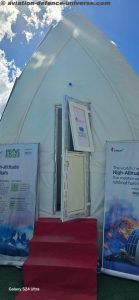
Vinay Mittal. Yes, the trials are being conducted at the Daulat Beg Oldi (DBO) base, where 62 engineers are currently using the pods. We have also tested them in Leh and Durbuk. The initial feedback has been very encouraging, and we hope that the product will soon be in active use across more military bases.
ADU. How long do you expect the trial stage to last before you can roll out the pods for broader use?
Vinay Mittal. The results from the trials will be verified, and once the Army is satisfied that the pods perform well even in the harshest conditions, we’ll move forward. We are confident that this process will wrap up soon.
ADU. Are the components used in Peak Pods entirely Indian, or are there some imported parts?
Vinay Mittal. The components are almost 90 to 95% Indian. A few materials are currently sourced from abroad, but we are working on developing them here in India in the near future. This will ensure that Peak Pods is a completely indigenous product.
ADU. Have you explored the possibility of exporting Peak Pods to international markets?
Vinay Mittal. Yes, there is a lot of export potential, especially for countries with cold climates. We’re exploring these opportunities, as Peak Pods is an ideal solution for extreme weather conditions, both for defence and civilian applications. The pods are built to withstand winds of up to 190 km/h and prevent snow accumulation.
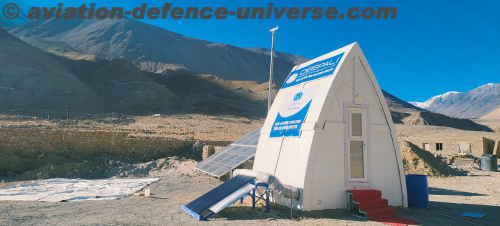
Vinay Mittal. Ours is a tech-driven startup dedicated to sustainable solutions, has introduced Peak Pods, a fully modular high-altitude habitat designed for extreme cold environments. Equipped with the company’s proprietary Oasis Technology, Peak Pods provide a relocatable living solution that ensures safety and comfort in some of the world’s most challenging climates. As a plan for future innovations it is to integrate advanced AI systems, renewable energy sources like hydrogen and wind, and technologies that harness atmospheric moisture for onsite water generation. Future versions of Peak Pods may also include cooling systems for warm climates, making them versatile for year-round use. Centralized energy management and security systems will enable adaptive breathability and enhance the overall sustainability of these shelters.
ADU. How has the response been here at the event?
Vinay Mittal. The response has been overwhelmingly positive. People from the Army and other defence and para-military forces have visited our stall. They were genuinely impressed by the product. We’re hopeful that it will make a significant impact in the defence and security sectors.
Peak Pods is not just a shelter—it’s a groundbreaking, sustainable solution for soldiers stationed in the most challenging high-altitude regions. With innovative heating technology, integrated sanitation, and ease of installation, this product stands as a testament to Indian ingenuity.
As told to Sangeeta Saxena











